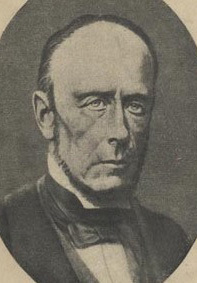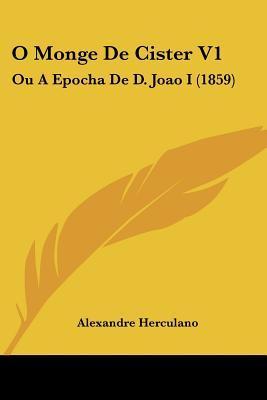
Part of Series
[com notas e índice ativo] Com NCX. Romance histórico da autoria de Alexandre Herculano de que foram publicados alguns fragmentos nas revistas O Panorama e Revista Universal Lisbonense, editado em volume em 1844. Tomando como cenário a época de dissolução moral e política do fim da monarquia visigótica na Península Ibérica, o autor aborda o problema ético-religioso do celibato, através da personagem central de Eurico, antigo gardingo tornado presbítero de Carteia por causa do amor impossível por Hermengarda, a nobre irmã de Pelágio, autor de hinos inspirados por Deus e pela Pátria. Quando a sua pátria e a sua religião se veem ameaçadas, Eurico repõe as vestes de guerreiro e transforma-se no Cavaleiro Negro, combatendo heroicamente os árabes. No fim, tendo reencontrado Hermengarda, mas ciente de que o seu amor é sacrílego, vai procurar a morte na batalha contra os invasores, enquanto a sua amada enlouquece. Na figura extraordinária do protagonista, na expressão do pessimismo social, na exaltação patriótica, no ascetismo profético, a obra espelha bem a idiossincrasia romântica do seu autor. Eurico, o Presbítero, que o próprio Herculano considerou uma "crónica-poema, lenda ou o que quer que seja", apresenta-se eivada mais de efabulação poética do que propriamente romanesca, constituindo, assim, uma obra única do romantismo português.
Author

Alexandre Herculano de Carvalho e Araújo, a Portuguese novelist and historian. Born of humble stock, his grandfather was a foreman stonemason in the royal employ. Privation made him a man, and in his works, he proves a poet of deep and considerable power of expression. The stirring incidents in the political emancipation of Portugal inspired his muse, and he describes the bitterness of exile, the adventurous expedition to Terceira, the heroic defense of Oporto, and the final combats of liberty. In 1837 he founded the Panorama in imitation of the English Penny Magazine, and there and in Illustraco he published the historical tales which were afterwards collected into Lendas e Narratives; in the same year he became royal librarian at the Ajuda Palace, which enabled him to continue his studies of the past. The Panorama had a large circulation and influence, and Herculano's biographical sketches of great men and his articles of literary and historical criticism did much to educate the middle class by acquainting them with the story of their nation, and with the progress of knowledge and the state of letters in foreign countries. Grave as most of his writings are, they include a short description of a crossing from Jersey to Granville, in which he satirizes English character and customs, and reveals an unexpected sense of humour. A rare capacity for tedious work, a dour Catonian rectitude, a passion for truth, pride, irritability at criticism and independence of character, are the marks of Herculano as a man. He could be broken but never bent, and his rude frankness accorded with his hard, sombre face, and alienated mens sympathiea though it did not lose him their respect. His lyrism is vigorous, feeling, austere and almost entirely subjective and personal, while his pamphlets are distinguished by energy of conviction, strength of affirmation, and contempt, for weaker and more ignorant opponents. His History of Portugal is a great but incomplete monument. A lack of imagination and of the philosophic spirit prevented him from penetrating or drawing characters, but his analytical gift, joined to persevering toil and honesty of purpose enabled him to present a faithful account of ascertained facts and a satisfactory and lucid explanation of political and economic events. His remains lie in a majestic tomb in the Jerónimos Monastery at Belem, near Lisbon, which was raised by public subscription to the greatest modern historian of Portugal and of the Peninsula. His more important works have gone through many editions and his name is still one to conjure with.

